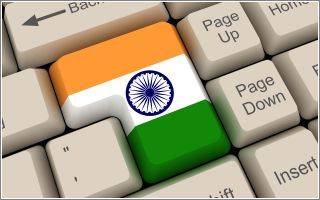
Indian IT companies have built their fortunes on outsourcing, but now their business model is under pressure because of a rising tide of nationalistic politics in several countries, particularly the US. The issue has escalated ever since President Donald Trump took over. He hit out at outsourcing during electioneering, and recently, norms regarding the grant of H-1B visas were tightened, making it more difficult for Indian IT workers to work in the US.
Infosys CEO Vishal Sikka’s statement that the company will hire 10,000 American workers is a peace offering to the US political establishment. Alibaba founder Jack Ma, who pledged to create one million jobs in the US, took the lead and others followed suit. Out of two lakh or so workers that Infosys employs worldwide, only 25,000 work in the US on H-1B visas. Indian IT companies, including Infosys, typically focus on the lowest end of the food chain, and are thus squeezed tighter than others. Indian workers on H-1B visas may often have been paid less than their counterparts in the industry, but the work that they perform for their foreign clients is essential, while not particularly remunerative.
There is no doubt that such workers will be needed, and may well be the mainstay of the outsourcing efforts of Indian IT companies. However, what Sikka and other IT CEOs need to focus on is raising the bar by hiring the best talent they can, and using it to improve their work profile. The base is strong, what is needed is a recalibration of effort and a focus on the aspects that deliver the most -social media, mobile, analytics and cloud. Major IT companies are putting in their best talent in these fields, and now that Indian IT companies are aggressively hiring Americans, they should try to get the top talent and build high-end products. The challenges posed by the new visa regime can be turned into opportunities, given the right leadership and long-term perspective on the part of the investors.





Be the first to comment